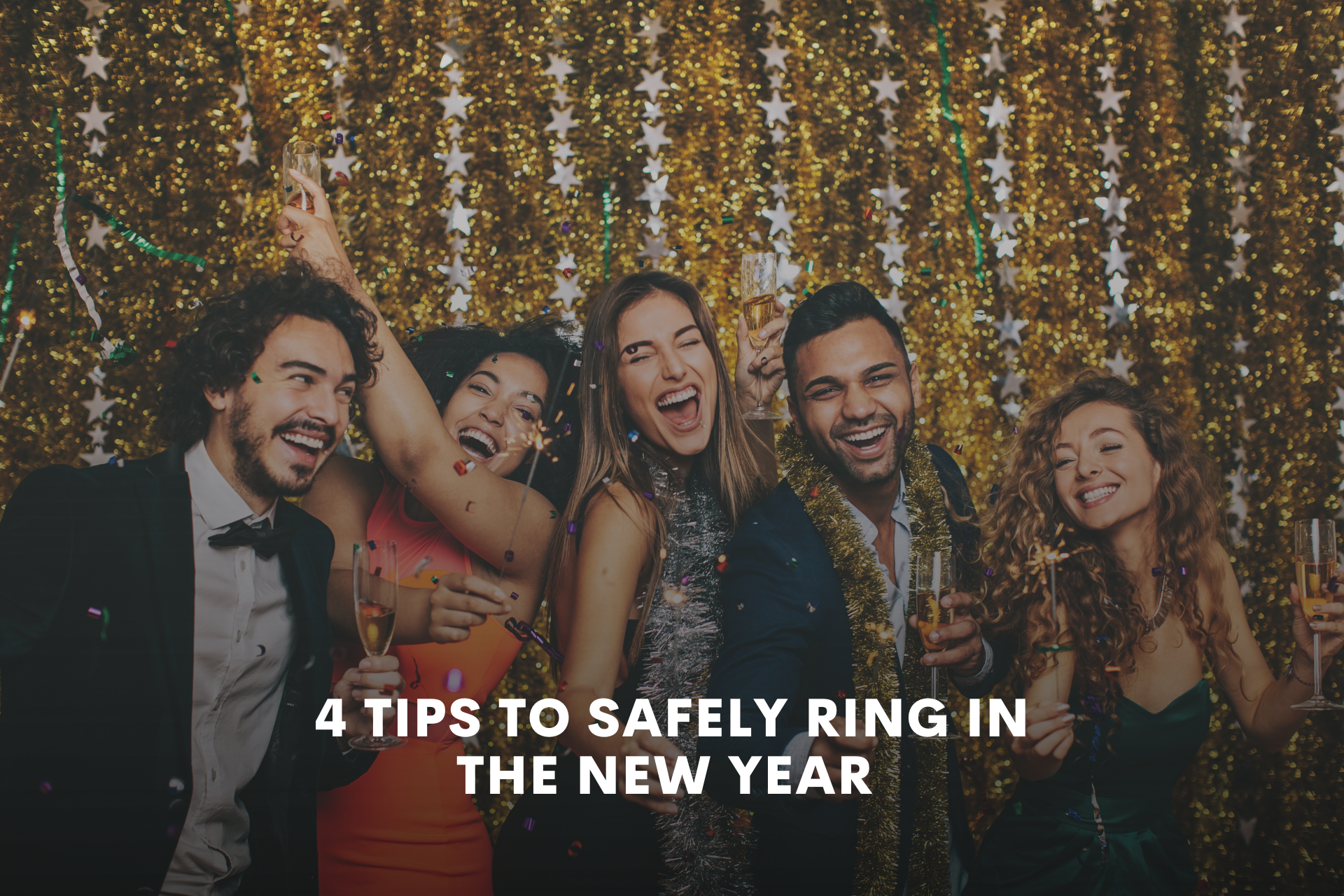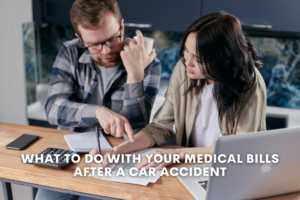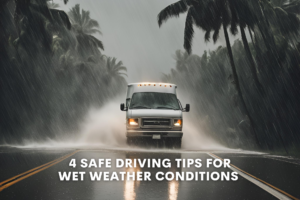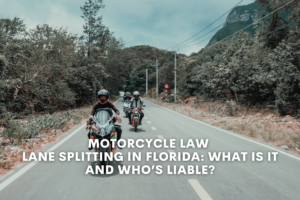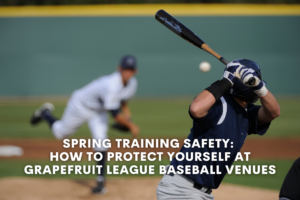As 2022 quickly comes to a close and we head into 2023, many of us are planning our celebrations.
New Year’s Eve is a festive time when friends and family come together to officially close the book on the year that was and welcome a brand-new year of possibilities.
While meant to be fun, there’s potential for injury.
So, as you prepare for the festivities with decorations, food, and drink, we encourage you to prepare and protect yourself by reviewing these New Year’s Eve safety tips.
4 New Year’s Eve Safety Tips
Don’t Drink and Drive:
The National Safety Council (NSC) estimates that 408 people may die on U.S. roads this New Year’s Day holiday period.
Getting behind the wheel after a night of drinks could negatively alter your and/or someone else’s life forever.
To avoid a potential DUI charge or worse, a drunk driving accident, do not get behind the wheel if you consumed alcohol and take note of these common myths.
Myth: Coffee/tea will sober you up.
Fact: Time is the only thing that will sober you up. In that case, coffee/tea, will not expedite the process and make your body metabolize alcohol faster.
Myth: If you drive carefully, you’ll be fine.
Fact: There’s a common misconception that if you drive slower, you’ll avoid being pulled over or getting in an accident. However, even if you do drive slower, you can still be arrested for a DUI. In some cases, you could even encounter a sobriety checkpoint, get pulled over for driving under the speed limit – the list goes on. It’s worth noting Florida DUI checkpoints are random. This means law enforcement could stop every third vehicle, for example, and you could be the unlucky one that’s selected.
Myth: If you don’t feel drunk, it’s OK to drive.
Fact: How you feel isn’t a determining factor in whether you’re OK to drive. When you consume alcohol your reflexes and judgment are altered which can affect your driving.
In fact, it’s reported that on average, one standard American drink produces a blood alcohol concentration of between 0.02 and 0.04. Light and moderate drinkers can feel subtle effects at this level.
If you see what appears to be an impaired driver on the road, contact local law enforcement or call *FHP (*347).
Monitor Alcohol Consumption
Though the drinks flow freely on New Year’s Eve, it’s a good idea to monitor your alcohol consumption throughout the night.
Here are some tips:
- Set a limit before the night begins – Setting a drink limit prior to the festivities is a great way to hold yourself accountable and slow your consumption.
- Alternate between alcohol and water – Hydration is extremely important, especially when drinking alcohol. That’s why it’s encouraged to alternate between alcohol and water throughout the night. Not to mention, drinking water throughout the night is an excellent way to slow down your consumption of alcoholic beverages.
- Volunteer to be the designated driver – When other people are counting on you to get them home safely, you’ll be motivated to remain sober.
Safely Use Fireworks
3…2…1…Happy New Year!
This countdown is typically followed by fireworks.
If you plan on using fireworks on New Year’s Eve, take note of these safety tips:
- Don’t drink alcohol and use fireworks. Impairment can lead to poor decision-making.
- Don’t wear loose-fitting clothing while lighting fireworks.
- Don’t light fireworks near buildings or vehicles.
- Do follow the instructions on the fireworks packaging.
- Do purchase fireworks from reputable retailers.
- Do keep a bucket of water or a fire extinguisher close by.
Pop Properly
Champagne is synonymous with New Year’s Eve. But, even popping a bottle could lead to potential risk.
If you plan on serving champagne at your celebration. Consider these tips from the American Academy of Ophthalmology:
- Prevent pressure build-up by chilling your champagne bottles.
- Never shake the bottle and ALWAYS pop the bottle away from people.
- When opening the bottle, press down and twist. You should hear a gentle puff, not a loud pop.
From all of us at Cappy Law, we’d like to wish you a safe and Happy New Year!

